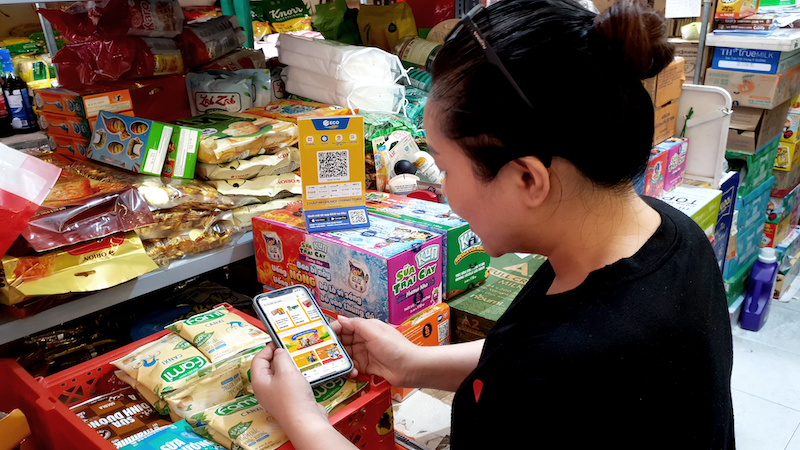
According to Deputy Director of the Tax Department Mai Son, when the Government adjusts the threshold for non-taxable revenue, the boundary between groups 1 and 2 in the business household tax management model will also change accordingly. This ensures that the tax exemption and reduction levels are consistent with people's actual income, while maintaining the stability of the state budget revenue and fairness among household groups.
Business households in group 3 will not be changed (because they have a revenue of over 3 billion VND) and will still apply the method of calculating personal income tax based on revenue, minus expenses multiplied by the tax rate.
According to the tax management model for business households divided by revenue groups, the management method for households with revenue of over 3 billion VND is basically similar to that of small and medium enterprises. That means that in the new model, business households with revenue of over 3 billion VND/year will be tax managed similarly to micro-enterprises or small enterprises, in terms of accounting regime, electronic invoices and tax declaration obligations. This is a preparation step for the natural transformation roadmap of business households developing into enterprises - Deputy Director of Tax Department Mai Son said.
Regarding the conversion to become an enterprise, Deputy Director Mai Son said: Business households should convert to enterprises when they have large revenue, labor, and production and business premises, and regularly transact with other organizations and enterprises; need to sign economic contracts, expand credit, import and export, or bid - activities that require legal status; have a need to develop a brand, mobilize capital or hire and use many workers with long-term contracts. In particular, this should be done when there is a relatively stable foundation of accounting books, electronic invoices, and financial management. In this case, converting to an enterprise is not only an obligation but also an opportunity for sustainable development, enhancing prestige and access to support policies of the State.
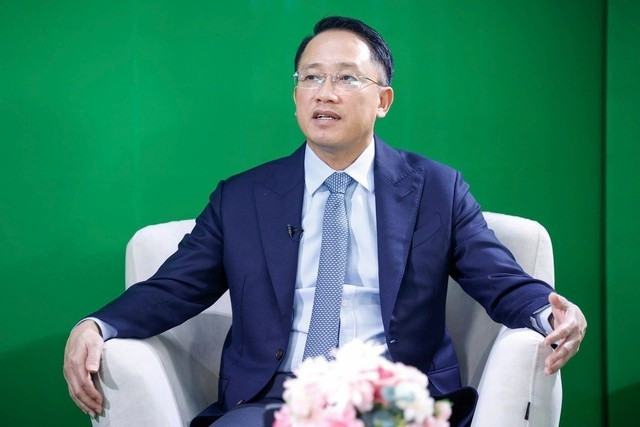
Second, the benefit of converting a business household into an enterprise is that it helps the business household have legal status. This solves the problem of helping the business household borrow capital from banks, sign contracts, and ensure more legitimate rights. In addition, the business household is also deducted input value added tax instead of paying tax at a direct rate on revenue like the business household. Moreover, when converting to a small or micro enterprise, the business household will be exempt from corporate income tax for the first 2 years from the time of generating taxable income, and after the tax exemption period, the preferential tax rate of 15% or 17% will continue to apply, depending on the scale of revenue.
In addition, business households converting to enterprises are also calculated reasonable costs when determining corporate income tax, helping tax obligations accurately reflect business efficiency; have conditions to expand scale, access digital transformation support programs, training, trade promotion, credit incentives; improve transparency and competitiveness, and facilitate participation in the supply chain of large enterprises.
Third, the tax authority affirmed that there will still be some cases where the household business model should be maintained, if it is small in scale, family-based, has stable but not high revenue; transactions are mainly retail, does not require a legal entity to sign large contracts; there is no need to expand or bear business management costs.
Fourth, in terms of policy, the Tax sector and the Ministry of Finance do not aim to "force" households to convert to enterprises, but aim to create favorable conditions for households with capacity and development needs to convert voluntarily and safely. State management agencies have been and will promote the implementation of solutions to provide maximum support to business households in the process of converting from tax collection to tax declaration, as well as to households intending to convert to enterprises - Deputy Director Mai Son affirmed.

To prepare for the transition from tax collection to tax declaration, the tax authority has clearly communicated what business households must do immediately or pay special attention to. The transition from tax collection to declaration brings many practical benefits to business households, helping to make management more transparent, determine tax obligations more accurately and especially create conditions for households to proactively demonstrate revenue and expenses, and enjoy full tax benefits.
For the conversion to take place smoothly, in addition to the maximum support and accompaniment of the tax authorities as they have been doing now, business households also need to note: Tax authorities at all levels will proactively guide and provide comprehensive support through specific measures such as: organizing training and direct guidance at the locality, market, business cluster, and neighborhood; providing documents, videos, leaflets and electronic guidance tools, helping households easily access the declaration process; setting up a hotline, Zalo support group, online consulting portal to promptly answer questions; deploying a simulated electronic tax portal, helping business households to test the declaration, submission of declarations, and handling of hypothetical situations before officially implementing; instructing business households to set up books, invoices, transparently track revenue and expenses, and familiarize themselves with the electronic tax declaration and payment software (Etax Mobile).
The tax authority also assigned staff to provide direct support, especially in areas with a large number of households, to help each household prepare, declare, and pay taxes in accordance with regulations.
In addition, tax authorities are currently deploying the Business Household Survey Form (with QR code) and are sending it to business households through many channels (leaflets, emails...) to grasp the support needs of each business household in the process of converting from contracting to tax declaration. Tax authorities hope that business households will take the time to cooperate and provide complete and updated information for timely guidance and support. During the implementation process, if there are any difficulties or problems, the tax authorities are always there, ready to guide, resolve and accompany business households on the conversion journey - Deputy Director Mai Son clearly stated.
During the implementation process, if there are any difficulties or problems, the tax authority is always there, ready to guide, resolve and accompany the business household on the conversion journey.
Deputy Director of the Tax Department Mai Son
The Ministry of Finance issued Project 3389/QD-BTC dated October 6, 2025 and Official Dispatch 17142/BTC-CT to localities, requesting synchronous and close coordination in implementation. On that basis, the Tax sector launched the campaign "60 peak days of conversion from contract to declaration", with comprehensive support solutions:
Conduct a survey to understand the support needs of each business household in the process of converting from contracting to tax declaration. Group business households by age, location, industry, and level of technology application to have appropriate forms of support: organize direct training at markets and streets for older households; provide instructional videos, fanpages, and Zalo for younger households and online businesses. Support in setting up accounting books, invoices, tracking revenue and expenses, and familiarizing yourself with electronic tax declaration and payment software (Etax Mobile).
In November 2025, the tax authority will complete and upgrade the eTax Mobile application, and build an Experience Portal to support business households in declaring and paying taxes in a new way; at the same time, integrate the AI Chatbot system so that taxpayers can look up tax obligations automatically and instantly. The Tax Department is also researching a solution to automatically synthesize revenue data from electronic invoices and other sources, thereby determining the amount of tax payable and creating a suggested declaration for business households to check and confirm. Coordinate with technology solution providers to provide software, electronic invoices for free or at preferential prices, and support installation and training for use.
For business households that want to convert to enterprises, the Tax Department actively supports procedures, provides policy advice and connects with competent authorities, ensuring that business households have full access to current support policies for business conversion. The goal is to leave no household behind, creating the most favorable conditions for business households to develop sustainably and comply with the law confidently and proactively.
Tra River
Source: https://nhandan.vn/bao-dam-tinh-cong-bang-giua-cac-nhom-ho-kinh-doanh-post923129.html



![[Photo] Unique art of painting Tuong masks](https://vphoto.vietnam.vn/thumb/1200x675/vietnam/resource/IMAGE/2025/11/14/1763094089301_ndo_br_1-jpg.webp)



![[Photo] Unique architecture of the deepest metro station in France](https://vphoto.vietnam.vn/thumb/1200x675/vietnam/resource/IMAGE/2025/11/14/1763107592365_ga-sau-nhat-nuoc-phap-duy-1-6403-jpg.webp)




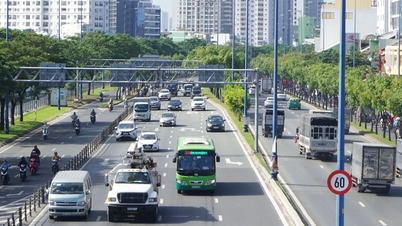
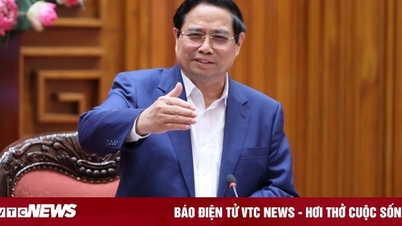

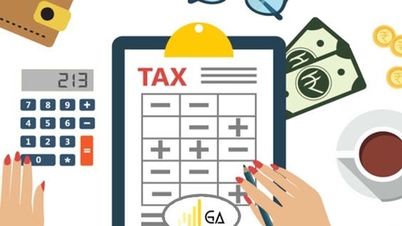






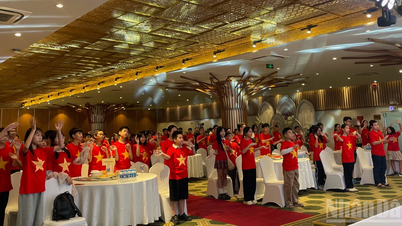
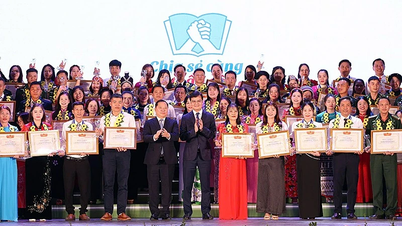
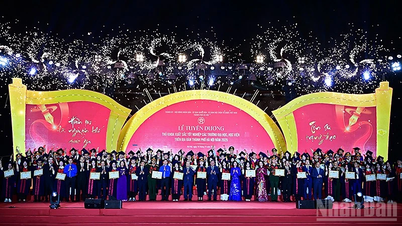
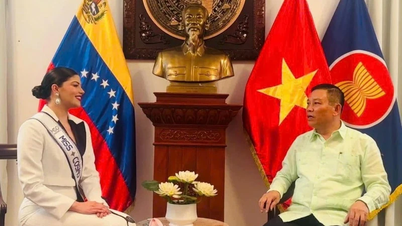



![[Photo] Special class in Tra Linh](https://vphoto.vietnam.vn/thumb/1200x675/vietnam/resource/IMAGE/2025/11/14/1763078485441_ndo_br_lop-hoc-7-jpg.webp)










































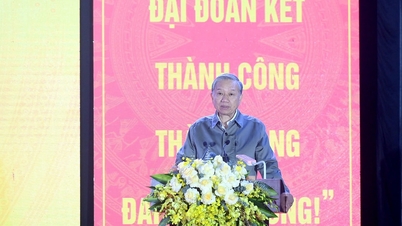




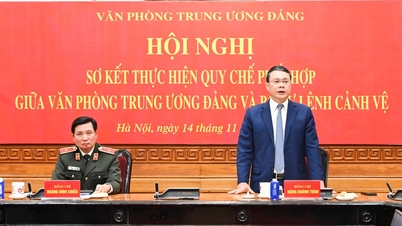




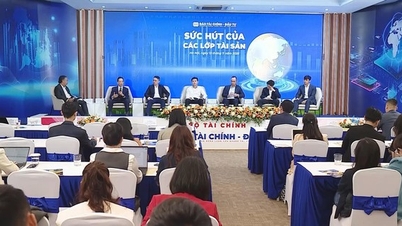
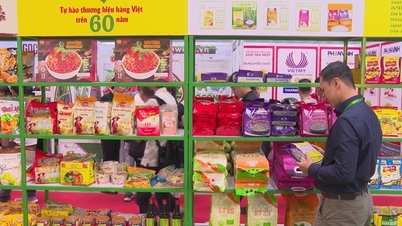


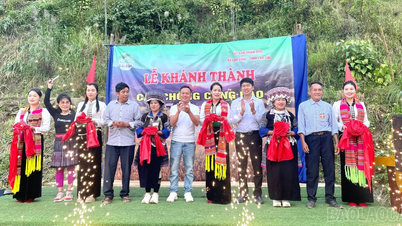

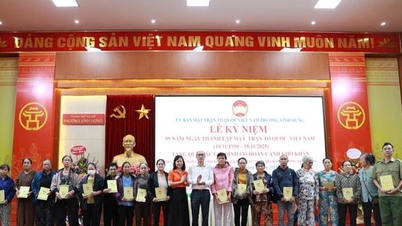













Comment (0)